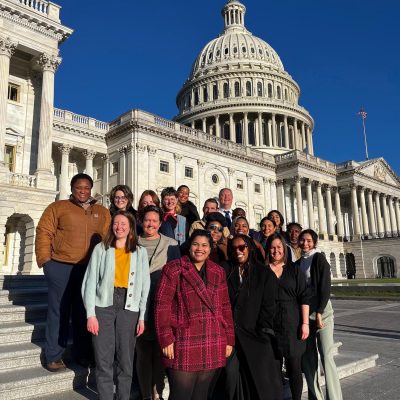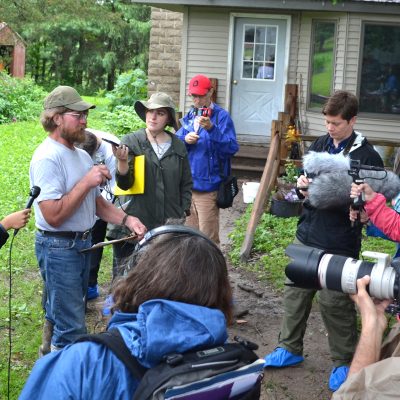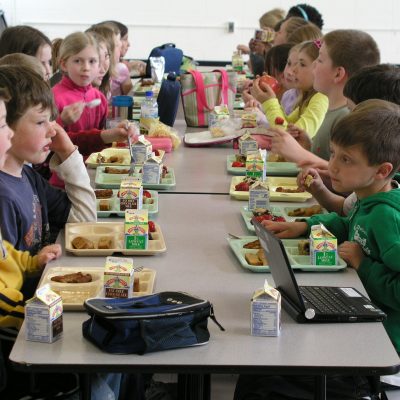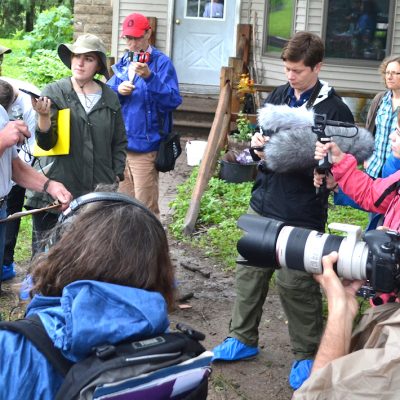Senate Ag Committee Releases Farm Bill Draft
How LSP’s Top Priorities Fare in the Proposed Legislation
For decades, Land Stewardship Project members have been organizing to ensure that our federal farm policy serves people and the land, not corporate interests. This latest Farm Bill cycle has been no different. With approximately $1.5 trillion on the table, it’s important that LSP members are engaged in the process of drafting and passing a… Read More →



